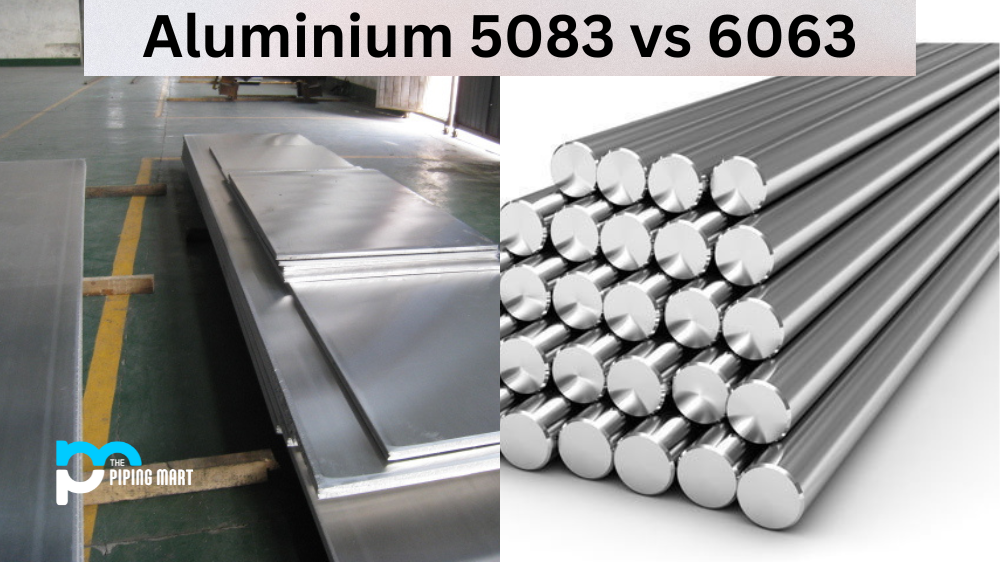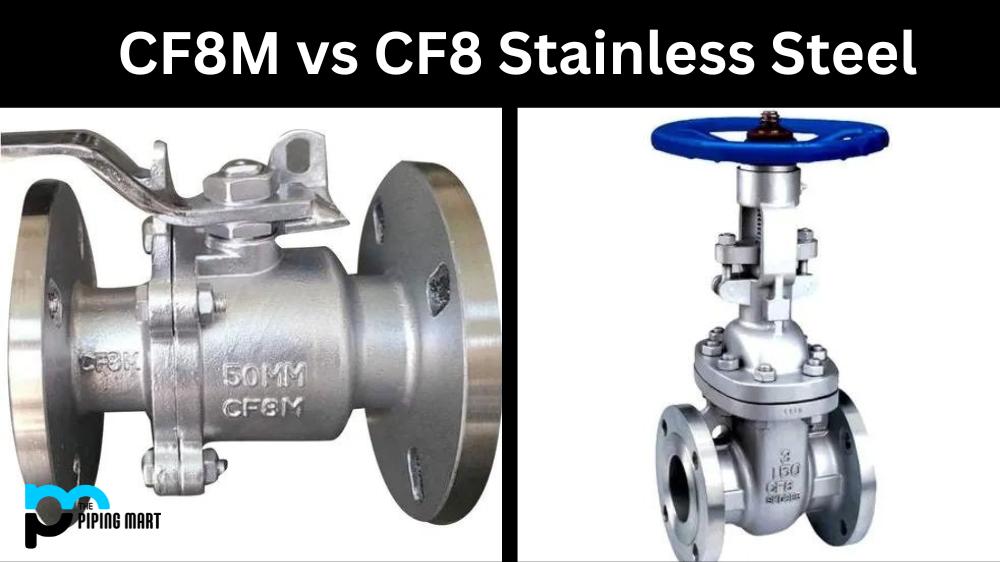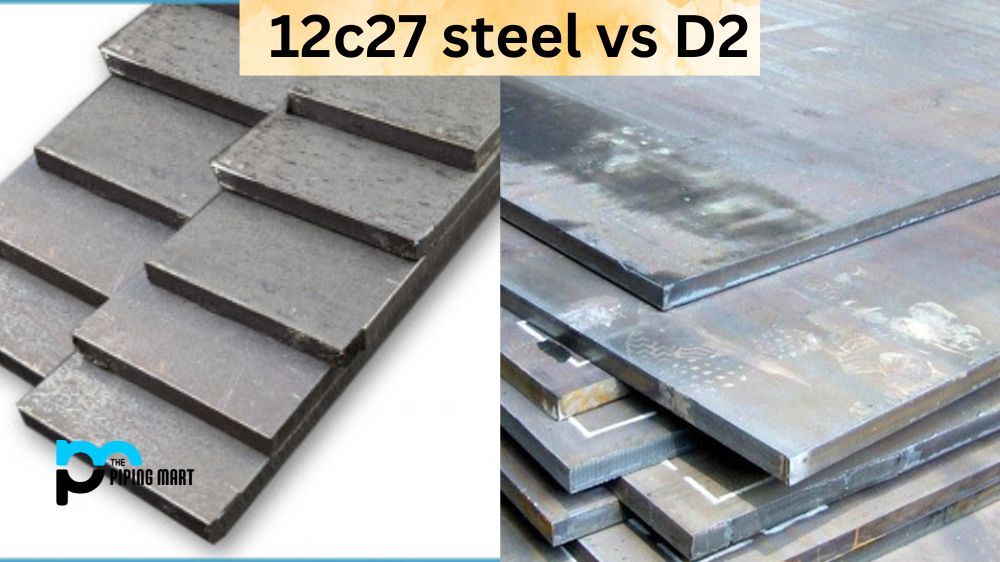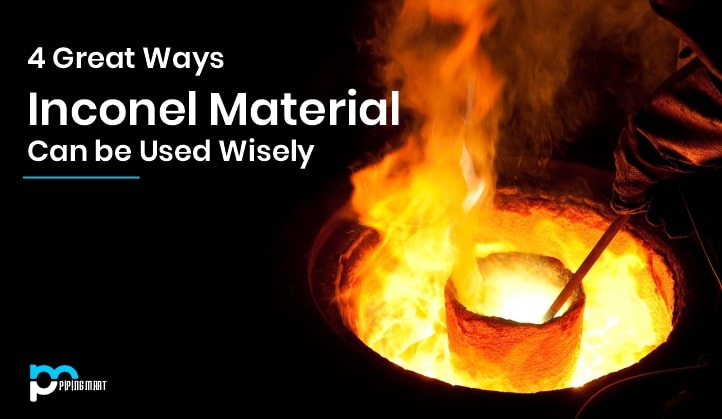What is Aluminium 5083?
Aluminium 5083 is a high-strength magnesium-manganese-chromium alloy with good weldability and corrosion resistance. It is often used in shipbuilding, vehicle body panels, and aircraft fuel tanks.
What is Aluminium 6063?
Aluminium 6063 is a medium-strength alloy commonly used in various applications, including frames, pipes, and extruded shapes. It has good weldability and corrosion resistance and is heat treatable.
Difference Between Aluminium 5083 and 6063
Strength
One of the main differences between 5083 and 6063 aluminium is that 5083 aluminium is significantly stronger than 6063 aluminium. This makes 5083 aluminium ideal for applications where high strength is required, such as shipbuilding or aircraft construction. However, this also means that 5083 aluminium is more difficult to work with than 6063 aluminium.
Weldability
Another difference between 5083 and 6063 aluminium is that 5083 aluminium has better weldability than 6063 aluminium. This means it can be easier to join 5083 aluminium using techniques such as TIG welding or MIG welding. However, it is important to note that welds made with 5083 aluminium will typically be weaker than those made with 6063 aluminium.
Corrosion Resistance
Finally, another difference between these two alloys is that 5083 aluminium has better corrosion resistance than 6063 aluminium. This means it will better resist corrosion in environments with salt water or other corrosive materials.
Cost
Aluminium 5083 is more expensive than 6063, so cost may be a consideration when choosing between the two. However, if your project requires the unique properties of aluminium 5083, such as its strength and corrosion resistance, then the extra cost may be worth it.
Conclusion
In conclusion, aluminium 5083 and 6063 have unique properties and benefits. Understanding the specific requirements of your project will help you make the best choice between the two. If you need a lightweight metal, easy to form and weld, and good corrosion resistance, 6063 may be the better choice. If, however, your project requires a metal that can withstand harsh marine environments, has excellent strength and corrosion resistance, and is resistant to stress corrosion cracking, then aluminium 5083 is the better choice. Choosing between the two will ultimately depend on your project needs and budget constraints.

Pipingmart is a B2B portal that specializes in metal, industrial and piping items. Additionally, we share the latest information and information about materials, products and various types of grades to assist businesses that are involved in this business.




